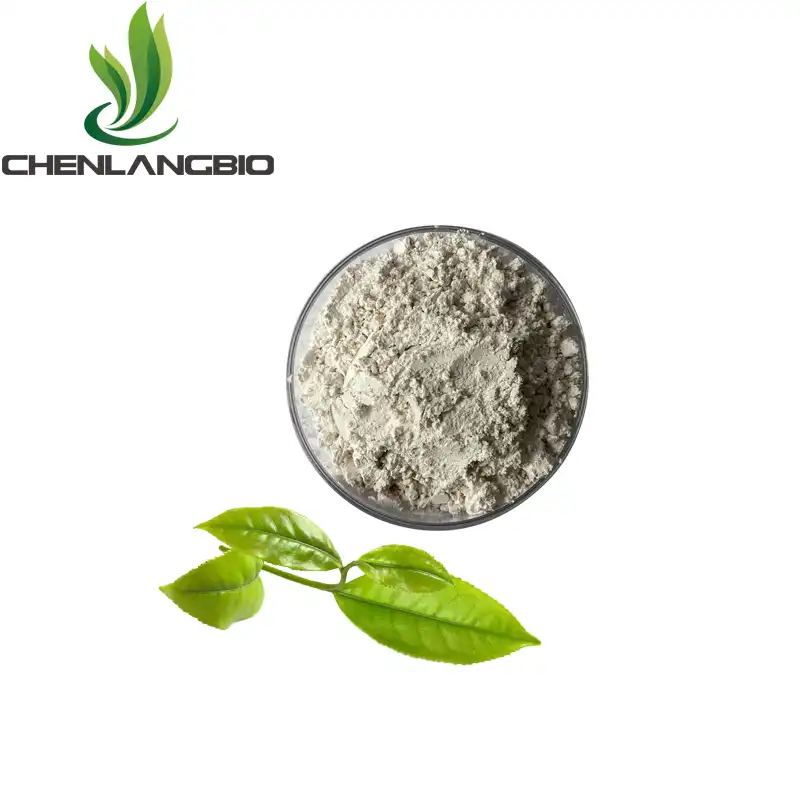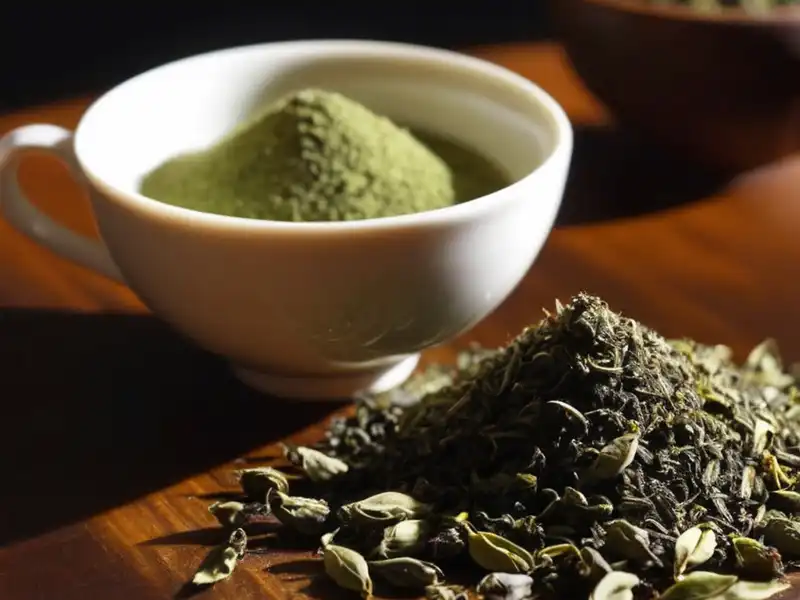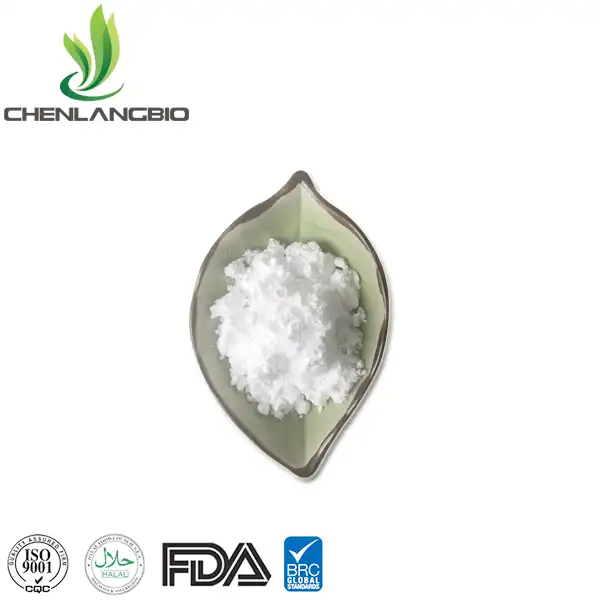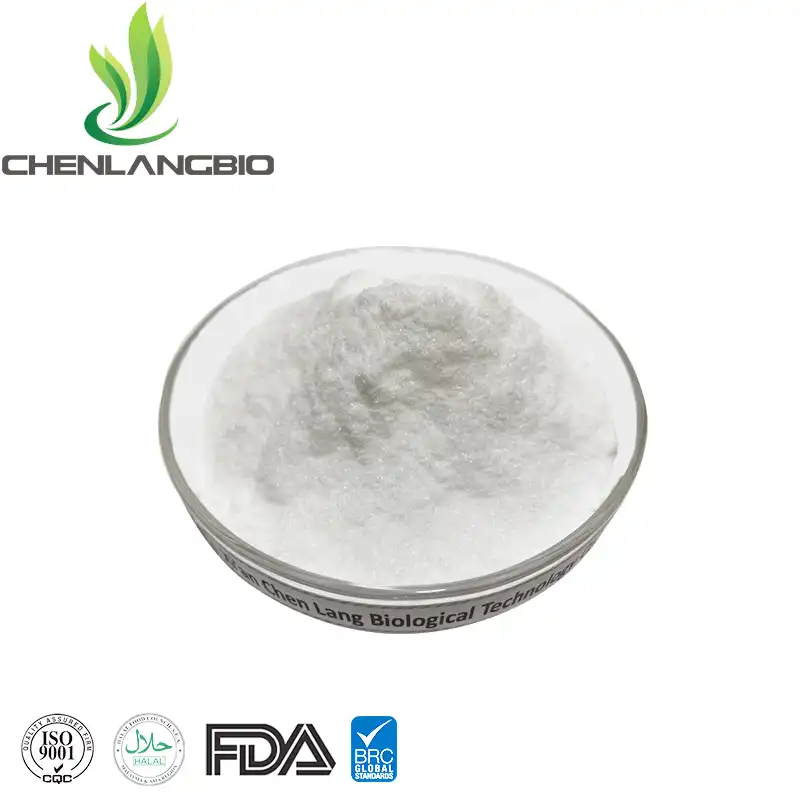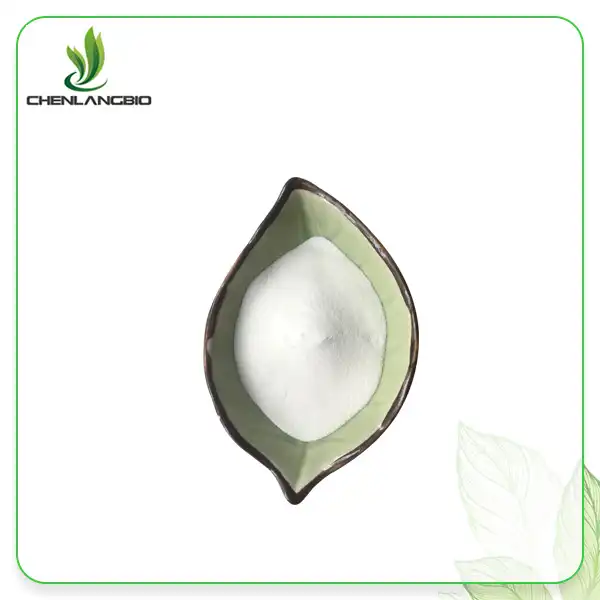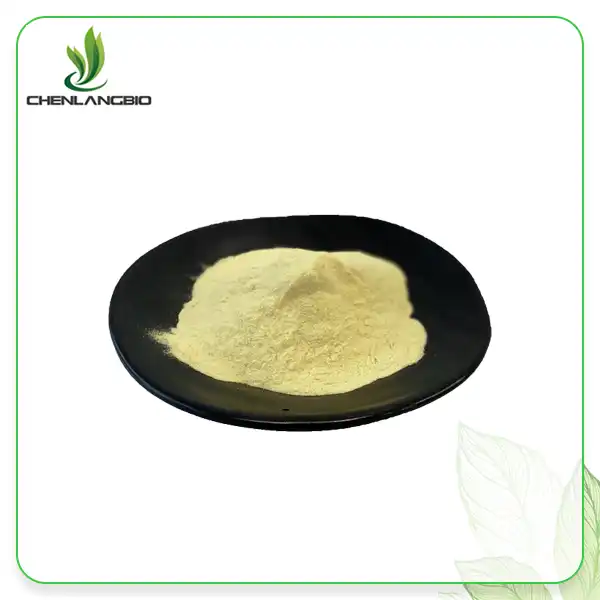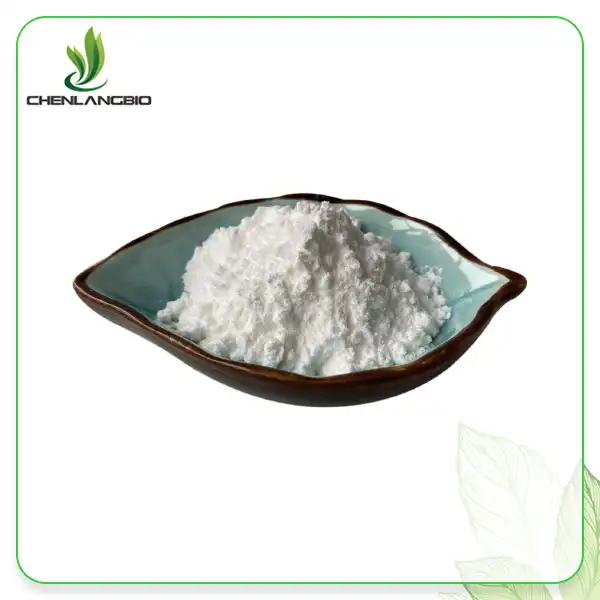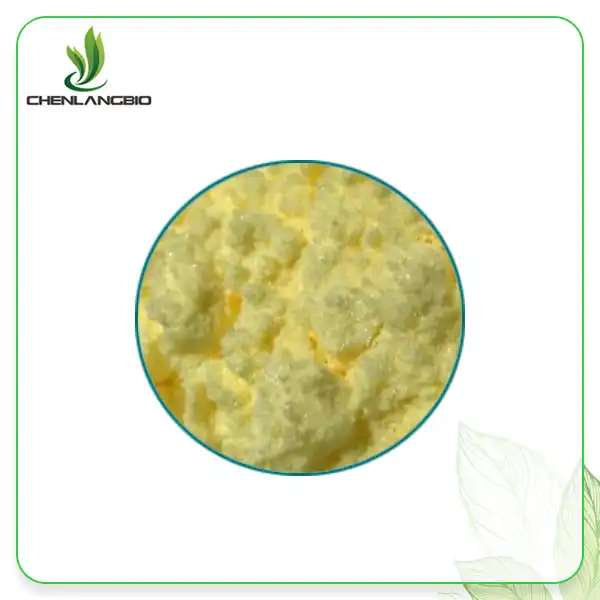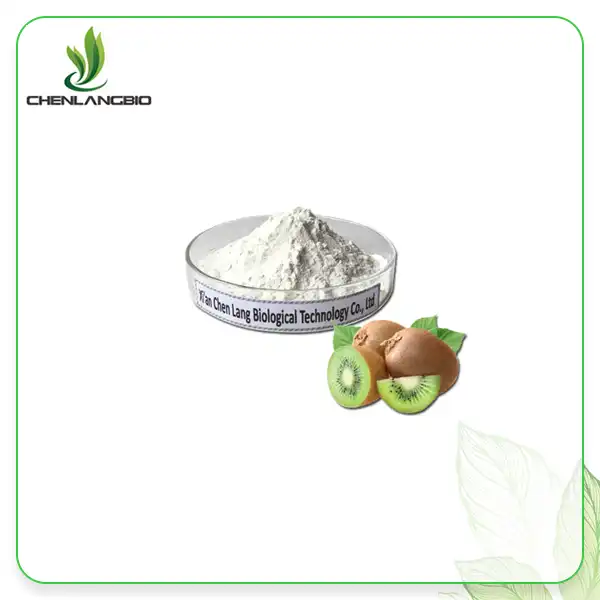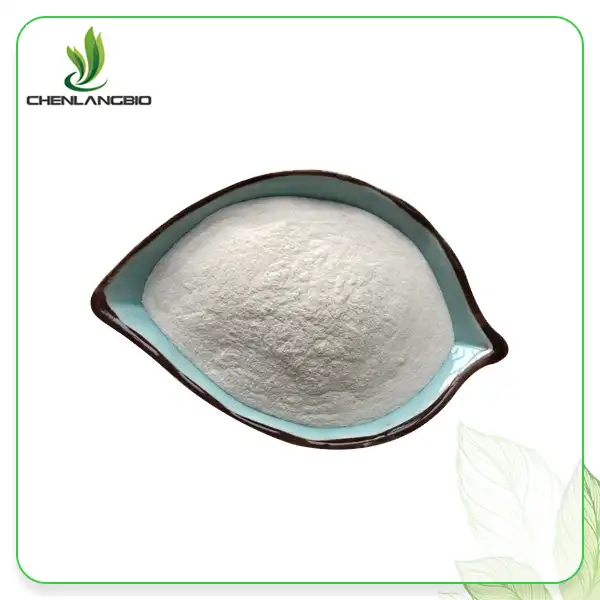Why is Green Tea Extract Bad for You
2024-08-26 11:38:40
Green tea extract EGCG powder, has gained immense popularity for its potential health benefits. However, like many supplements, it’s essential to consider both the pros and cons. Green tea extract has many benefits, but you should be aware of any possible drawbacks as well. This post will discuss the potential health risks associated using green tea extract, specifically EGCG powder, in specific situations.
What Are the Risks of Consuming Green Tea Extract?
Green tea remove is by and large thought to be ok for the vast majority when utilized as coordinated. However, several negative effects can result from excessive consumption or misuse:
Liver Toxicity: Green tea extract EGCG powder, poses a risk of liver toxicity. Excessive intake has been linked to severe liver damage, including hepatitis and liver failure. Research highlights that overconsumption can overwhelm the liver's ability to metabolize green tea extract EGCG powder, leading to potentially serious health issues. Monitoring liver function is crucial for those taking high doses of green tea extract.
Gastrointestinal Issues: Consuming green tea extract on an empty stomach can trigger gastrointestinal problems such as nausea, vomiting, and diarrhea. This reaction is due to tannins in green tea, which increase stomach acid production and can irritate the digestive tract. To minimize discomfort, it’s advisable to take green tea extract with food.
Iron Deficiency: Green tea extract can prevent food-based iron absorption, which is especially problematic for those at risk for iron deficiency or those already deficient, like pregnant women. The polyphenols in green tea dilemma to press, lessening its accessibility for assimilation and possibly prompting sickliness whenever consumed in abundance over the long run.
Can Green Tea Extract Interact with Medications?
The possible interaction between green tea extract and prescription drugs is another crucial factor to take into account. It is important to speak with your healthcare physician before starting a green tea extract regimen if you currently use any prescription medications. Known interactions consist of the following:
Blood Thinners
Warfarin and other blood-thinning medications may interact with green tea extract, especially in large quantities. By encouraging clotting, the vitamin K in green tea can hinder the effectiveness of these anticoagulants, thereby negating their intended effect and increasing the risk of blood clots. This connection can prompt serious intricacies, including profound vein apoplexy or pneumonic embolism. If you take blood thinners and are considering green tea extract, it is essential to closely monitor your blood clotting levels and consult a physician.
Stimulants
Green tea extract contains caffeine, which may intensify the effects of other stimulant drugs and raise the risk of side effects such jitteriness, raised blood pressure, and accelerated heart rate. Those who are sensitive to coffee or using drugs that already stimulate the neurological system may find this to be especially problematic. It's crucial to talk to your healthcare practitioner about any possible interactions involving stimulants or comparable medications in order to prevent any unfavorable side effects.
Certain Antidepressants
Monoamine oxidase inhibitors (MAOIs), a class of antidepressants used to treat depression, can interact with green tea extract. This cooperation can prompt a risky ascent in circulatory strain, known as a hypertensive emergency, which can bring about extreme medical problems. MAOIs alter the brain's levels of neurotransmitters, and the compounds in green tea extract can disrupt this equilibrium, causing potential side effects to worsen. Patients on MAOIs ought to counsel their medical services supplier prior to integrating green tea separate into their everyday practice.
Who Should Avoid Green Tea Extract?
While green tea extract offers many potential benefits, it may not be suitable for everyone. Certain groups of people should avoid or limit their intake:
Pregnant and Breastfeeding Women
Pregnant and breastfeeding ladies need to practice alert while considering green tea extricate. The extract's high levels of EGCG and caffeine may have an impact on fetal development and newborn health. Caffeine can cross the placenta, prompting potential inconveniences, for example, low birth weight. Additionally, it has the potential to enter breast milk, resulting in infant restlessness and disturbed sleep. Counseling a medical care supplier prior to utilizing green tea remove during pregnancy or breastfeeding is emphatically prescribed to guarantee wellbeing.
Individuals with Liver Conditions
Those with pre-existing liver conditions or a history of liver problems should avoid green tea extract due to the heightened risk of liver toxicity. Green tea extract EGCG powder, particularly in high doses, can overwhelm the liver's ability to process the compound, potentially leading to serious liver damage, including hepatitis or liver failure. For individuals with compromised liver function, the use of green tea extract should only be considered under strict medical supervision, with regular monitoring to prevent any adverse effects on liver health.
People with Anxiety Disorders
Individuals who suffer from anxiety disorders may find that the caffeine content in green tea extract exacerbates their symptoms. Caffeine is a stimulant that can increase heart rate, induce feelings of nervousness, and contribute to jitteriness and insomnia, all of which can worsen anxiety. For those prone to anxiety, even small amounts of caffeine can trigger or intensify symptoms, making it crucial to either limit or completely avoid green tea extract. A healthcare provider can offer guidance on safe consumption levels based on individual tolerance.
Conclusion
While green tea extract EGCG powder, can offer numerous health benefits, it's not without its risks. Liver toxicity, gastrointestinal issues, and potential drug interactions are just a few reasons why it may not be suitable for everyone. If you are considering adding green tea extract to your supplement routine, it's crucial to do so under the guidance of a healthcare professional to ensure it’s safe for you. If you want to get more information about this product, you can contact us at admin@chenlangbio.com.
References
1.National Institutes of Health. (2023). Green Tea.
2.Mayo Clinic. (2023). Green Tea: Benefits and Side Effects.
3.World Journal of Gastroenterology. (2022). EGCG and Liver Health.
4.Journal of Clinical Pharmacology. (2023). Drug Interactions with Green Tea Extract.
5.American Journal of Clinical Nutrition. (2023). Polyphenols and Iron Absorption.
6.Harvard Medical School. (2023). Supplements and Medications: What You Need to Know.
Send Inquiry
Related Industry Knowledge
- What are the Health Benefits of Cactus Extract Powder?
- What is the Solubility of D-Luciferin Sodium Salt?
- Is PQQ Supplementation Safe?
- Pure Fisetin: Unlocking Its Health Benefits
- What Does Ascorbyl Glucoside Do to Your Skin? Benefits Revealed
- Is Monobenzone Same As Hydroquinone
- Is Loratadine Better Than Antihistamine
- Can Coenzyme Q10 Powder Improve Skin Health
- What Are the Health Benefits of Roselle Extract
- What does Alpha Arbutin White Powder Do to Skin

